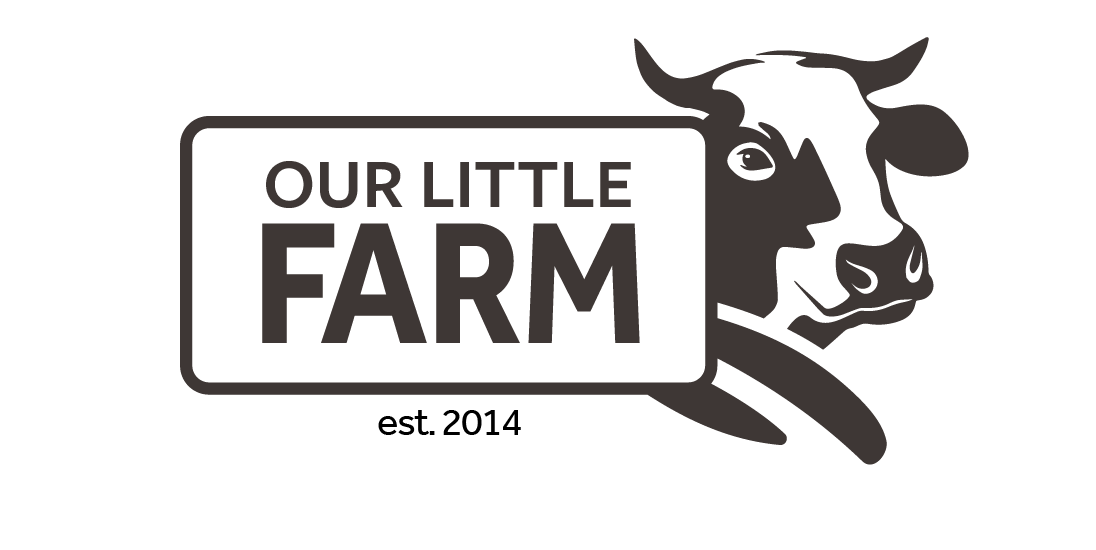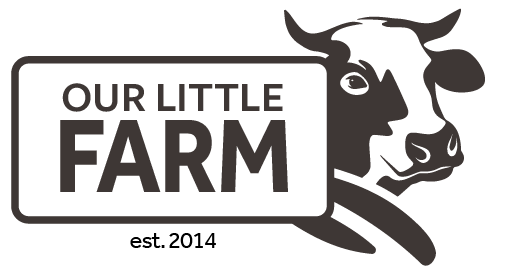Keeping Track of Stuff
History: Back in the day, we would copy files onto CDs or USB drives, or even email files, but the problem is that both Joe and Jeff have been editing these files, and then it's a mess to track the difference between the two. So software people came up with diff to deal with checking the difference between files. Eventually, we came up with subversion, which manages the a bunch of these files in a central location. That became a problem because everything got bloated. So here we are today.Today, fancy people today call this "Version Control." Practical people call this GIT. Git solves a lot of the basic problems with subversion and is the most widely used version control systems in the world.Do you want a job in software? Do you want to not hate your life over, and over, and over, and over, and over… again (like I did)? Then learn GIT. It's free and super well documented. Get a free account at GitHub.com. For those of you that are "bash-fully" impaired, check out SourceTree.Yes it's annoying. Yes it's going to slow you down a little bit (a lot at first). Yes, you will likely give up after the first try. Yes, you will be back when you screw yourself over next time you do something stupid.Commitments
Why are you so scared to commit? Make small changes at a time, one change, one thing at a time. Focus on that, test it to make sure it works, and then commit it. Is that so hard?Oh, so you have this "big change" coming? Think you get out of it that easy? Ha! We already have an answer to that. Check out Git Flow. It is made just for that, plus, plus, plus.What the Fork?
I don't really feel like explaining this now, check out Git Flow. (It's an eye catching title though, no?)Where Code Goes
Second to where you put your code on your drive, where you put your code in your program is just as critical.History: Back in the day, code was everywhere, like a water balloon full of red paint and diarrhea running through an industrial fan, code looked and smelled like crap. It stunk writing it, working with it, was nearly impossible to change, and new developers had a 87.3% suicide rate.Today, code is still pretty crappy, but the suicide rate is much lower anyways. We solve this problem with code standards.The big picture concept that has saved the lives of many developers: MVC, which stands for Model-View-Controller. This is a great theroretical appriach, but more likely today, we have the MVCS, which is Model-View-Controller-Service. This is because you need somewhere to store your business logic.Let's break this down… bro.The Model
The model layer is where you map everything that goes in the database into a class. In Java, for example, Morphia can map Mongo documents into a class and give you properly strongly typed implementations.At the very basic level, this is the fundamental piece of every application, especially data-driven applications (which almost every application nowadays is). I recommend whether starting to write a new application, or a new feature, when you start coding, start with the models. This will give you a great starting point and help you to logically develop all of the following elements.You should NEVER… EVER access the database directly using the model layer. Did I ever say… EVER? Thanks for not sucking!What Belongs in a Model Class?Lots and lots of properties. You don't want much more than getters and setters (of you need to define them), and methods that only need data from the current database record/document.The View
This is the end goal, this is where we spit out the data we have in our models, BUT we should never EVER manipulate our models, in our views. In fact, any operation that is not either meant to be spit out directly, or used in a conditional, increases your suicide rate by 20% and increases your death-by-angry-programmer chances by 50%. You should never be addressing the service layer, nor should you be getting data in this layer. You should only be using data passed to you directly from the controller.Services
…are not in the typical "MVC" academic idealistic acronym, but really are likely the next most important piece of any application. This is the foundational elements, the building blocks to building the rest of your application.This should (if you had to pick one) is where the bulk of your code should be, and where nearly all of your business logic should go. Access, organize, and play with your models here.Controllers
This is what brings everything together. The controller takes the data from the service layer, which does all the business logic for you, and determines the best way to give it to the views. It parses the data to XML perhaps, JSON, etc. No business logic should happen here, the only thing that should happen here is taking data form the service layer and sending it to the view.Best Practices
There is still sone stuff I need to gripe about, but doesn't fit in the areas outlines above, so I will complain here instead.Strings Are EVIL
You know just how evil they are because I made evil red. Use of strings (ESPECIALLY in strongly typed languages).THe bottom line here, is use the proper object for the proper property. If you are storing/using a date, then use the/a Date class. If you are sting a number, use an int, double, float, long, or whatever is appropriate for what you are storing. Stop using and passing arguments as strings. It requires you use and convert strings back and forth and causes us to create and use business logic in the wrong places, and this is shear evil.I could write about this one, but there are entire article written about this one:http://blog.millermedeiros.com/trust-no-strings/Don't Repeat Yourself! (Keep your code DRY)
Read about this here: http://en.wikipedia.org/wiki/Don%27t_repeat_yourselfBottom line, if you copy and paste code, you are a horrible person. Stop it and make a method, probably will be in the service layer.Thanks.More Resources
Here are some more good places to learn good programming practices.http://www.yacoset.com/Home/signs-that-you-re-a-bad-programmerHumor
When you eventually hate your life (and you will when you forget to use version control, or use sudo rm), you will need some humor. Check out the oatmeal. If you don't have humor, you will die. The end.This is a boring article about some of the basic best-practices and principals for writing software. I have broken this down into concepts and the subsequent best practices and principals in software development. This article is focusing on best practices for programming languages like Java, PHP, JavaScript and am using industry standard frameworks like Laravel (PHP), Spring MVC (Java), and Angular.js/jQuery (JavaScript). This guide is not comprehensive, but hopefully over time it will be.I know that there are a bunch of guides and practical programming guides on this, but since I am a programmer, everyone else's isn't as good as mine, so I decided I needed to write my own. Yup
Detroit's depravity is becoming increasingly dangerous, although we don't hear about this in the media much, this is a great first-hand article by a good friend. It's worth the read.https://www.linkedin.com/today/post/article/20140812215853-2020649-detroit-s-economic-time-bomb?trk=object-title
Dear Friends and Family,
Nick and I are so humbled by all of your support and congratulations in our engagement! I, personally, did not expect such a hoopla, but I am ever-grateful for it. Kudos to all of you that have gone through this engagement and wedding process - ‘cause it’s definitely a whirlwind! All those people grabbing your hand to “oooo” and “ahhhh” at your ring, all the congratulations and elbow-nudges, and just the stress that comes with planning a wedding - I don’t know if I’m gonna make it, but so many of you have, and that’s an encouragement!
Now, we knew that this engagement would bring many questions and concerns from the people who love and care about us. I hope to be able to answer these today in this blog. We aren’t walking into this blindly, and we want you all to know that we respect your opinions. If after you read this, you still have questions, feel free to ask us. We aren’t trying to be exclusive. We want to hear you out and at least try to alleviate your concerns, which I hope will be accomplished as you read further.
Last year, in September, I believe Nick and I were driving in his car, enjoying each other’s company, when, completely out-of-the-blue, Nick says:
What a great perspective on this story that we so often see as down, but like everything in the Bible, and in life today, is completely redeemed by Jesus. Peter sins and fails, Jesus redeems and never fails – we sin and fail Him daily, yet he never ceases to redeem and never ever fails us.This sermon comes out of a ver long sermon series out of the book of Luke, in fact it is a two-year sermon series at Mars Hill church up in Seattle, Washington.It's totally worth your time to take and watch. You can download the full/higher quality version here:
Think back to the last election season, the presidential candidates, and the years that transpired since then. Then, think back to what you remember in history class, and when you wrote those papers in high school about the early founders and leaders of this great nation.Do you see the similarities? …Neither do I.Every election season, we as a nation go through our “religious” and “rigorous” selection process to decide who will be the next leader of the free world. But here is the thing that doesn't really make sense: what “criteria"that we are using to select a president actually applies to what matters in a president?Think about it this way: What are the key things we focus on? Their economic
What does it look like to live in the present?At one particular worship ministry conference I had the privilege of going to, about a year-and-a-half ago, the speaker handed out what was basically the image shown above, with the simple message





